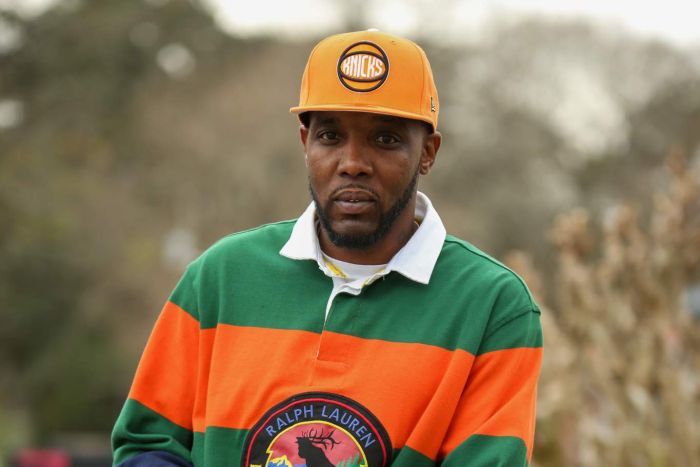South Carolina’s primary forces Democratic presidential contenders to reckon with racial injustice





"We have close to 5 per cent of the world's population and we incarcerate 25 per cent of the world's prisoners. That's astounding," she said.
African-Americans make up just 12 per cent of the country's adult population, and yet they account for more than a third of its prisoners.
They are incarcerated at five times the rate of white Americans.
"I find it appalling and extremely disturbing and it bothers me. Those are the kinds of things, as a public defender, that kept me up at night," Ms Hansotia said.
Both Republicans and Democrats have vowed in recent years to reform the laws that lead to such disproportionate rates of imprisonment.
In South Carolina, where voters will next have their say in choosing America's Democratic presidential candidate, African-Americans make up nearly 60 per cent of the party's base.
The state is the first true test of how the candidates will perform with the party's most crucial voting bloc.
A recent poll suggested that nearly 70 per cent of African-Americans will vote for a Democrat regardless of who becomes the nominee.
Yet that same poll suggested that nearly half of African-Americans feel the party is taking their vote for granted and missing the issues that matter to them most.
Lester Young, a South Carolinian who served 22 years for third-degree murder after a drug deal gone wrong, said none of the candidates are doing enough for criminal justice reform.

"Everyone in the state of South Carolina has a loved one who is incarcerated or knows someone who is incarcerated — a classmate, a friend, a boyfriend, a girlfriend, who has been impacted by the criminal justice system," he said.
Mr Young said it was essential for people in South Carolina to understand criminal justice issues in their state, and vote for change.
"You have the opioid addiction crisis going on in America, we have more rehab centres for them. For the black and brown people, we created prisons."
What are the positions of the Democrat candidates?

The top candidates vying to be the Democratic presidential nominee have all pledged to make drastic changes to America's criminal justice system.
As president, Senator Bernie Sanders said he would end the federal three-strikes policy that inspired the state law affecting Mr Williams.
Mr Biden promised to rewrite the rules around mandatory minimum sentences and eliminate incarcerations for drug use.
Michael Bloomberg wants to seek alternative forms of prison for non-violent offenders.
Elizabeth Warren, Pete Buttigieg and Amy Klobuchar all propose erasing harsh sentences and establishing rehabilitation programs to keep people out of prison in the first place.
But all of the candidates have been accused of only taking a superficial interest in what is the most pressing issue to African-American communities.

Mr Biden was the one who wrote the 1994 crime bill that disproportionately affected minorities. Senator Sanders voted in favour of it.
Mayor Buttigieg and Senator Klobuchar both have been criticised for unjustly handling African-American murder cases in their communities.
Mr Bloomberg supported a controversial "stop-and-frisk" policy that led to millions of minority men being randomly searched on the street.
Williams is now hoping for a better future
Ms Hansotia said a combination of laws, policies and societal norms have led to this being a big issue among African-American voters.
"An African-American man may be stopped quite a bit more often than, say, a white man walking down the same street," Ms Hansotia said.

Now a free man, Mr Williams finds hope in the fact that criminal justice reform is getting more attention from politicians than ever before.
"I think we can get change if we put the right person in the seat," he said.
But personally, he has not had much time to research the candidates.
Since his release from prison, he has been catching up with his daughter and working towards a welding certification to find employment.
"I'll work hard, I'll study hard, I'm going to put myself in the best position," he said.
"My story is only as good as my success."
 Pathways Drug Rehabilitation Luxury Addiction Treatment & Detox Center
Pathways Drug Rehabilitation Luxury Addiction Treatment & Detox Center


